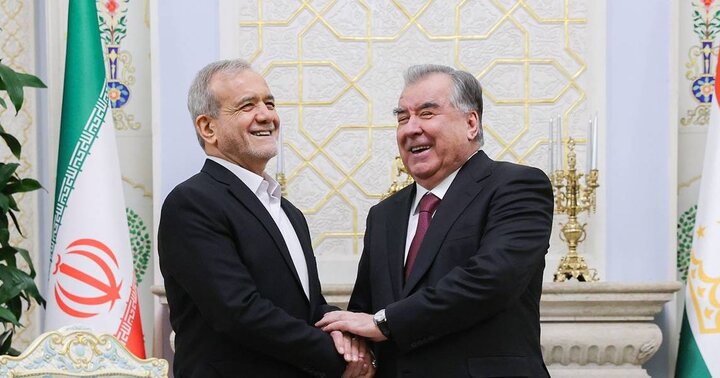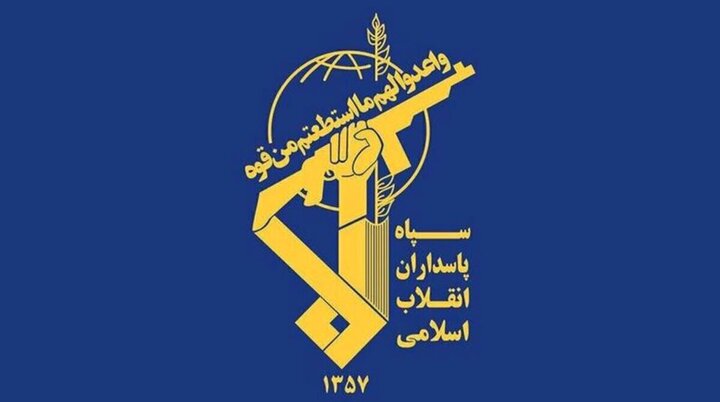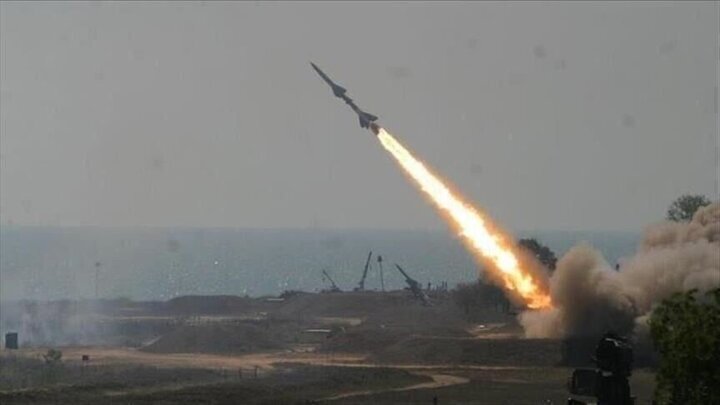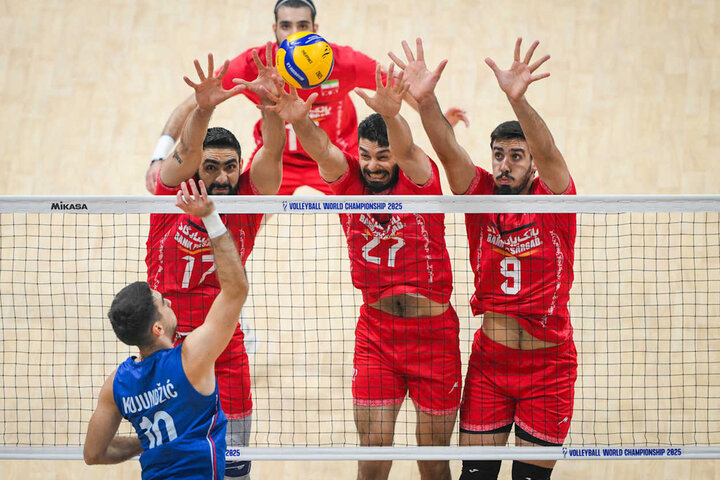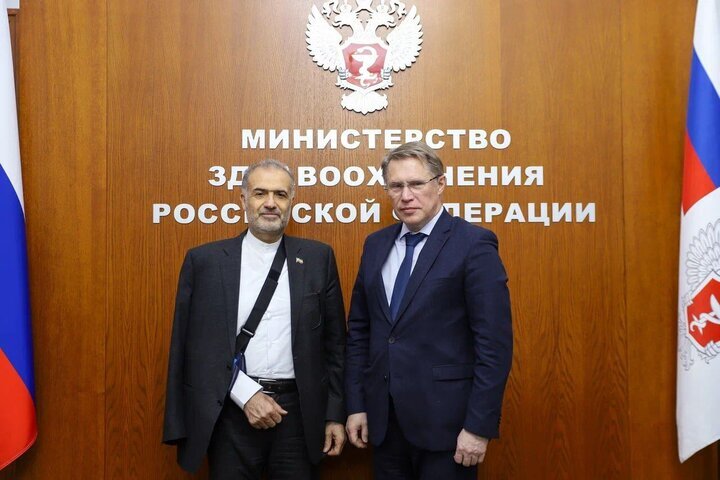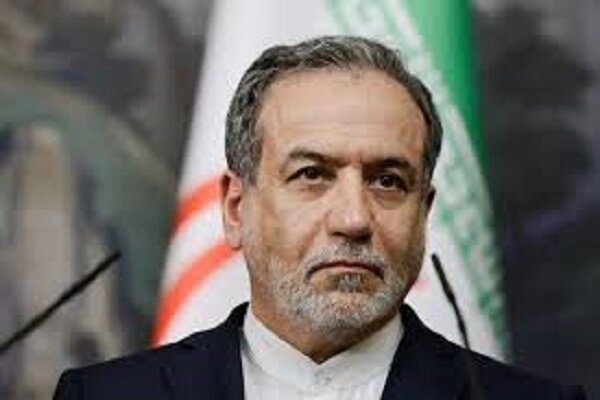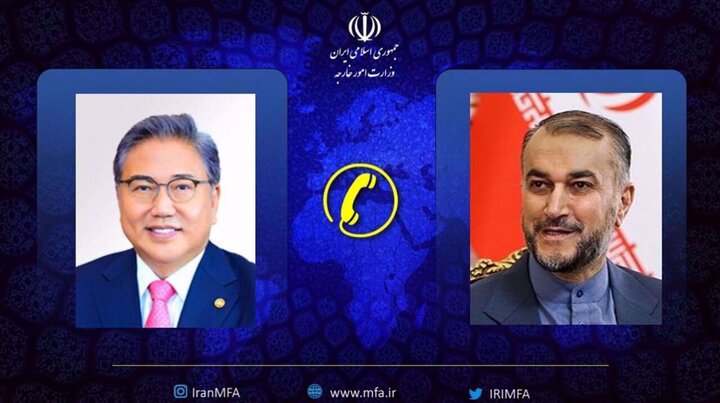
Hossein Amir-Abdollahian made the remarks in a Monday phone call with his South Korean counterpart, Park Jin, during which the two sides discussed the most important issues of bilateral interest on regional and international levels.
Referring to the transfer of Iran’s funds from South Korean banks to Switzerland, Iran’s top diplomat said, “Now we can open a new chapter in bilateral relations.”
He added, “The Islamic Republic welcomes any initiative that would help promote ties between the two countries.”
The Islamic Republic and the United States recently reached a deal regarding the unblocking of about six billion dollars worth of Iran’s funds, which were illegally blocked in South Korea under the pretext of US sanctions.
South Korean media reported in late August that the unblocked Iranian funds had been transferred to Switzerland’s central bank ahead of their transfer to Iran.
Governor of the Central Bank of Iran Mohammad Reza Farzin said on August 12 that all of Iran’s blocked funds in South Korea were released and will be used in the form of banking payment to purchase non-sanctioned goods and commodities.
Elsewhere in the phone conversation, Amir-Abdollahian said promoting ties with Asian countries is among the priorities of the Iranian administration’s foreign policy, adding, “We believe that the current century belongs to Asia.”
He emphasized that Iran and South Korea are “two important players” in Asia, and Tehran attaches special importance to cordial relations with Seoul.
The top Iranian diplomat also expressed Tehran’s readiness to boost cooperation with Seoul within the framework of regional and international organizations.
The South Korean foreign minister, for his part, lauded the agreement on unblocking Iran’s frozen funds in his country, saying the move showed Seoul’s practical commitment to the Iranian government and people.
Pointing to recent positive developments in relations between the two countries, he voiced Seoul’s readiness to boost cooperation with Tehran with the goal of promoting peace and stability in the West Asia region.
RHM/Press TV
